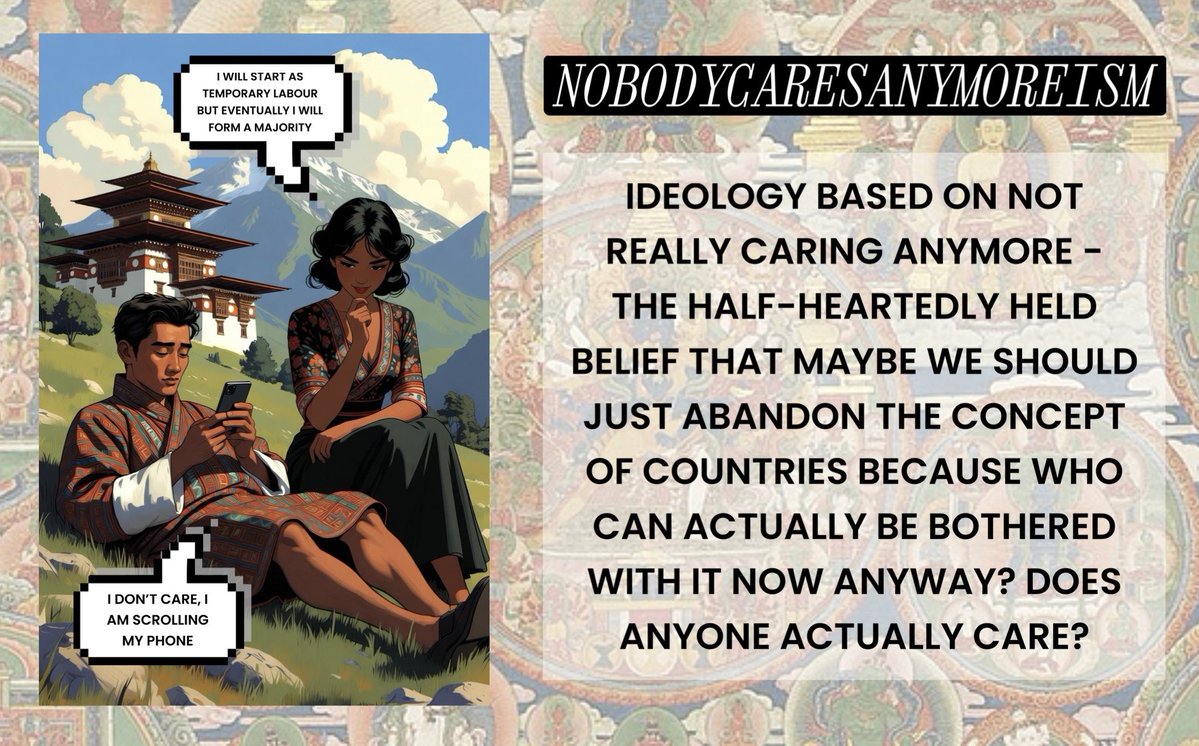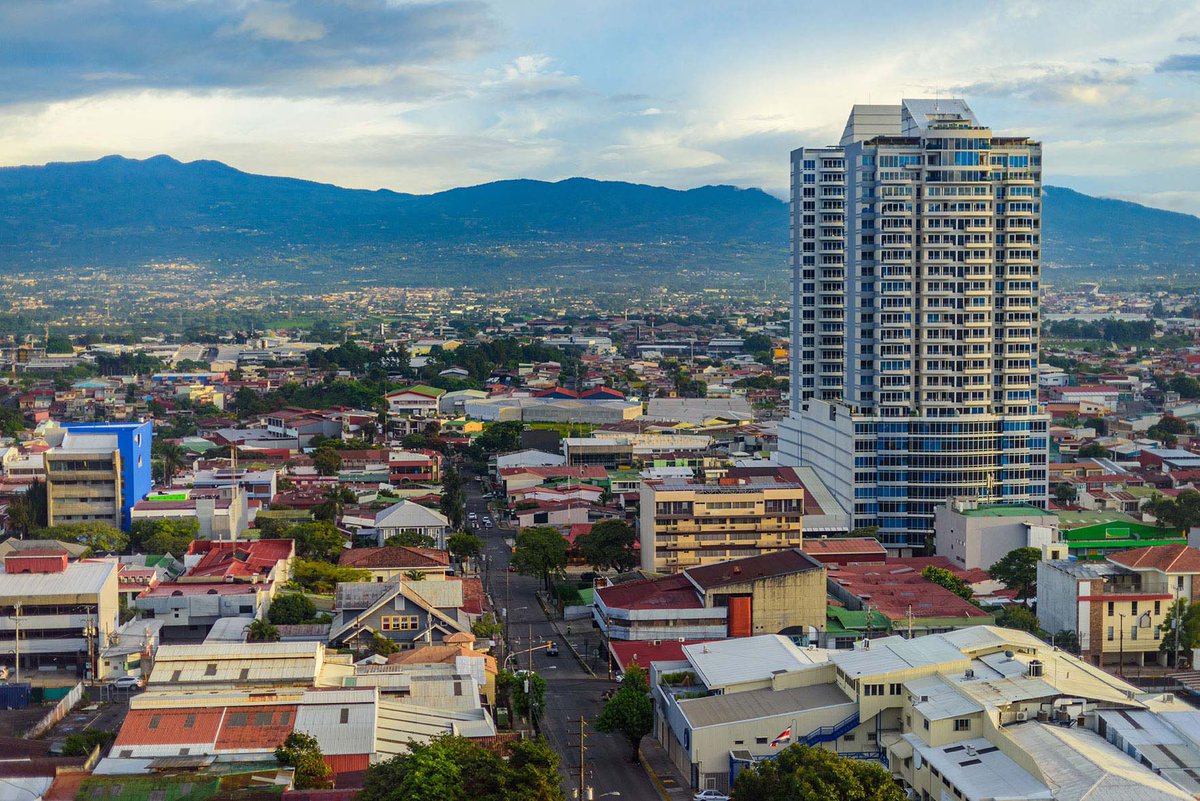THREAD: Who are Modern Britain’s Key Median Voters?
When politicians seek out tips from Britain’s top pollsters they are often advised to tailor their campaigns to appeal to archetypes of average voters like the famous Mondeo Man. But who are those key voters in today’s Britain?
When politicians seek out tips from Britain’s top pollsters they are often advised to tailor their campaigns to appeal to archetypes of average voters like the famous Mondeo Man. But who are those key voters in today’s Britain?

Gig Economy Man
Generational term for males employed in digital white collar professions referring to their App-based cultural milieu, though some may work ‘gigs’. Is ‘extremely online’ and regularly checks the latest political news on his news Apps. Interested in the blockchain
Generational term for males employed in digital white collar professions referring to their App-based cultural milieu, though some may work ‘gigs’. Is ‘extremely online’ and regularly checks the latest political news on his news Apps. Interested in the blockchain

Netflix Woman
Middle to lower income woman in 20s or 30s based in London or other large city who frequently watches Netflix or another major streaming service like Disney Plus or Amazon Prime. Generally disinterested in politics but may be passionate about social justice causes
Middle to lower income woman in 20s or 30s based in London or other large city who frequently watches Netflix or another major streaming service like Disney Plus or Amazon Prime. Generally disinterested in politics but may be passionate about social justice causes

Mixed Race Devonshire Man
Middle Class mixed race man earning between £30K and £65K PA by selling spoken word poetry or mixtapes based in major towns in Devonshire like Plymouth or Exeter. Owns 10+ books. Has been in a Question Time audience. Voted Remain in the EU Referendum
Middle Class mixed race man earning between £30K and £65K PA by selling spoken word poetry or mixtapes based in major towns in Devonshire like Plymouth or Exeter. Owns 10+ books. Has been in a Question Time audience. Voted Remain in the EU Referendum

Mondeo Boy
Son of the famous Mondeo Man, based in Essex, Kent and surrounding areas. Working to Lower Middle Class. Typically obsessed with Ford Mondeos and collects Ford Mondeo Memorabilia. Aspires to own a Ford Mondeo and often shares Ford Mondeo themed content on Social Media
Son of the famous Mondeo Man, based in Essex, Kent and surrounding areas. Working to Lower Middle Class. Typically obsessed with Ford Mondeos and collects Ford Mondeo Memorabilia. Aspires to own a Ford Mondeo and often shares Ford Mondeo themed content on Social Media

Disabled Bedfordshire Woman
Home Counties based disabled women afflicted by conditions like Long Covid, Fibromyalgia, Lyme Disease or general anxiety. Has at least one child who has attended a Top 30 University. Owns a property worth more than £650,000 and worries about Climate
Home Counties based disabled women afflicted by conditions like Long Covid, Fibromyalgia, Lyme Disease or general anxiety. Has at least one child who has attended a Top 30 University. Owns a property worth more than £650,000 and worries about Climate

Bradford Bob
Perennial white working class bellwether demo employed in a trade and living in a Northern former industrial city. In recent years though this archetype has expanded to encompass the new multiethnic working class. Either strongly opposes or supports immigration

Perennial white working class bellwether demo employed in a trade and living in a Northern former industrial city. In recent years though this archetype has expanded to encompass the new multiethnic working class. Either strongly opposes or supports immigration


Wandsworth Woman who uses ‘TikTok’
Lower income woman based in Wandsworth or surrounds, often an ethnic minority, who uses the popular app ‘TikTok’ frequently. Parties seeking to attract this kind of voter should ensure that they field strong ‘TikTok’-centric election campaigns
Lower income woman based in Wandsworth or surrounds, often an ethnic minority, who uses the popular app ‘TikTok’ frequently. Parties seeking to attract this kind of voter should ensure that they field strong ‘TikTok’-centric election campaigns

Warsaw Man
Middle-income Polish man typically living in Warsaw or another major Polish city like Krakow or Wrocław. May have worked for a time in the UK but if not has at least received remittance payments from the UK. Strongly opposes the smoking ban and House of Lords Reform
Middle-income Polish man typically living in Warsaw or another major Polish city like Krakow or Wrocław. May have worked for a time in the UK but if not has at least received remittance payments from the UK. Strongly opposes the smoking ban and House of Lords Reform

Syrian Migrant Living in Orkney
Muslim migrant or refugee based in Orkney or other Scottish Islands. One of typically five refugee families in his constituency. Poor grasp of the English language and no strong opinions on Scottish devolution or independence so a key swing voter
Muslim migrant or refugee based in Orkney or other Scottish Islands. One of typically five refugee families in his constituency. Poor grasp of the English language and no strong opinions on Scottish devolution or independence so a key swing voter

Squid Game Man
Man who is a fan of the hit Korean TV show ‘Squid Game’. Typically in 20s living in a London commuter town earning between £20K and £40K PA but also a phenomenon near other metropolitan centres like Bristol or Manchester. Doesn’t speak Korean. Often votes Labour
Man who is a fan of the hit Korean TV show ‘Squid Game’. Typically in 20s living in a London commuter town earning between £20K and £40K PA but also a phenomenon near other metropolitan centres like Bristol or Manchester. Doesn’t speak Korean. Often votes Labour

Hereford Dog
Dog based primarily in Hereford but also in the surrounding English and Welsh counties. Strongly opposed to HS2 and would support a carbon tax. Barks at Postmen and would bark at Deliveroo drivers if they delivered in his constituency. Can’t vote because he is a dog
Dog based primarily in Hereford but also in the surrounding English and Welsh counties. Strongly opposed to HS2 and would support a carbon tax. Barks at Postmen and would bark at Deliveroo drivers if they delivered in his constituency. Can’t vote because he is a dog

Eritrean Orphan Boy
Eritrean orphan based in Eritrea or surrounds. Currently has no plans to leave Eritrea but may have to in the future as a Climate Refugee because of Climate Change. Not a UK Citizen and also a child so can’t vote in UK elections. Can’t find Britain on a map
Eritrean orphan based in Eritrea or surrounds. Currently has no plans to leave Eritrea but may have to in the future as a Climate Refugee because of Climate Change. Not a UK Citizen and also a child so can’t vote in UK elections. Can’t find Britain on a map

@FistedBy might be an interesting thread for you
• • •
Missing some Tweet in this thread? You can try to
force a refresh















